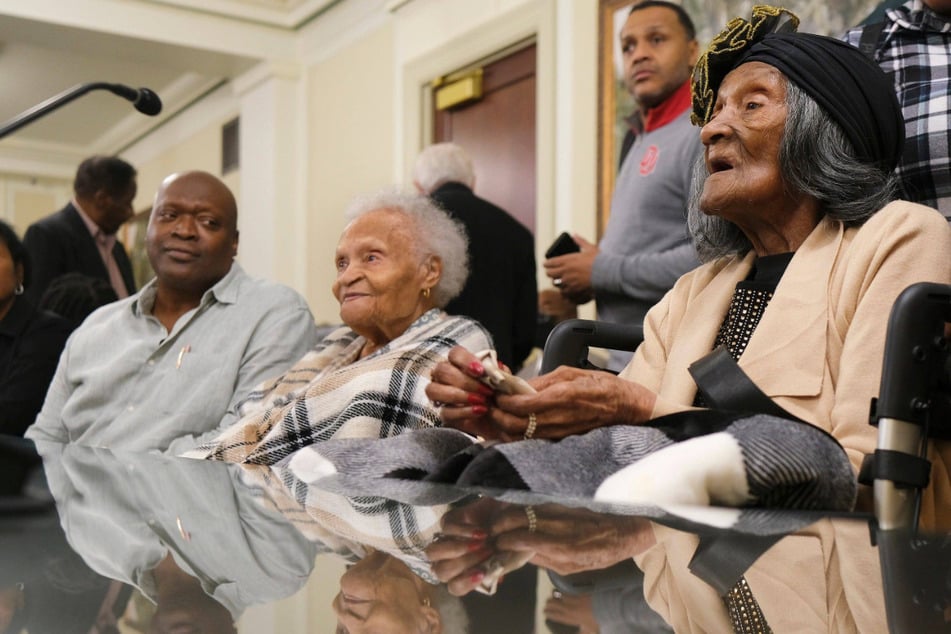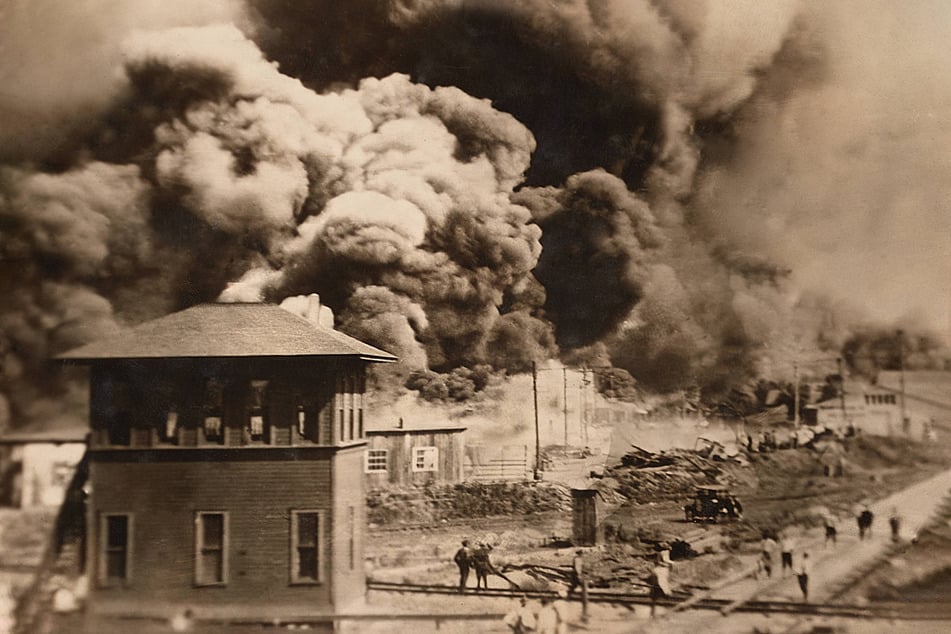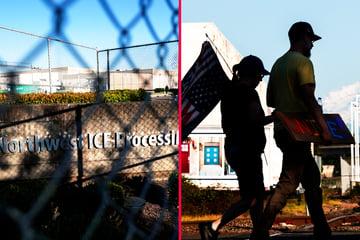Tulsa Race Massacre survivors to petition for rehearing after reparations lawsuit dismissal
Oklahoma City, Oklahoma - The two last-known living survivors of the 1921 Tulsa Race Massacre are not giving up after the Oklahoma Supreme Court dismissed their historic reparations lawsuit.

The Oklahoma Supreme Court ruled against survivors Viola Ford Fletcher and Lessie Benningfield Randle in their fight to reverse District Court Judge Caroline Wall's July 2023 decision to dismiss a lawsuit seeking redress for harms stemming from the infamous Tulsa Race Massacre.
The groundbreaking complaint accuses the City of Tulsa, Tulsa County, the Tulsa Regional Chamber, the Oklahoma National Guard, and other defendants of creating an ongoing public nuisance that continues to hurt Greenwood survivors and descendants today.
The Oklahoma Supreme Court last year agreed to review an appeal and in April held a hearing in the case, before ultimately denying the survivors in an 8-1 decision this week.
"The continuing blight alleged within the Greenwood community born out of the Massacre implicates generational-societal inequities that can only be resolved by policymakers – not the courts," the justices wrote.
But representatives for the survivors said the political question theory did not arise during oral arguments and questioning. They have since rejected the notion that the courts have no authority to rule in the case.
"It is not a political question simply because the suit seeks to remedy wrongful acts perpetrated by a white mob against Black people – the court system is the very place where such harms are meant to be remedied," the Justice For Greenwood team said in a Wednesday press statement.
The legal representatives added that they are filing a petition for a rehearing in the case.
Tulsa Race Massacre survivors' long fight for accountability and repair

The Oklahoma Supreme Court's decision came just days before Juneteenth and weeks after Fletcher celebrated her 110th birthday. Randle turns 110 in November.
Hughes Van Ellis, Fletcher's brother and an original plaintiff in the case, died in October at the age of 102 without receiving reparations.
As children, the three witnessed a violent white-supremacist mob tear through their Greenwood community, brutally murdering their neighbors and torching Black businesses and homes.
Over May 31-June 1, 1921, white law enforcement officers and deputized civilians destroyed 40 square-blocks of the once-flourishing community. Attackers even dropped firebombs on Greenwood from decommissioned US military planes.
Before the assault, Tulsa's Greenwood District, known as Black Wall Street, was seen as a symbol of resilience, hope, and opportunity for many Black people in the South living under Jim Crow apartheid.
The survivors have lived with the horrors of the massacre for more than 100 years without ever receiving redress from the entities responsible. Meanwhile, Black Tulsans continue to experience stark racial disparities across wealth, education, employment, housing, health, and the criminal legal system.
In addition to pursuing a rehearing, Justice For Greenwood is calling on the US Department of Justice to launch a probe into the Tulsa Race Massacre under the Emmett Till Unsolved Civil Rights Crime Act of 2007.
"The Massacre happened 103 years ago, but it remains a vivid memory of Mother Randle and Mother Fletcher who as young girls saw their community destroyed in the worst act of domestic terrorism in US history," the legal team said.
Cover photo: IMAGO / USA TODAY Network

